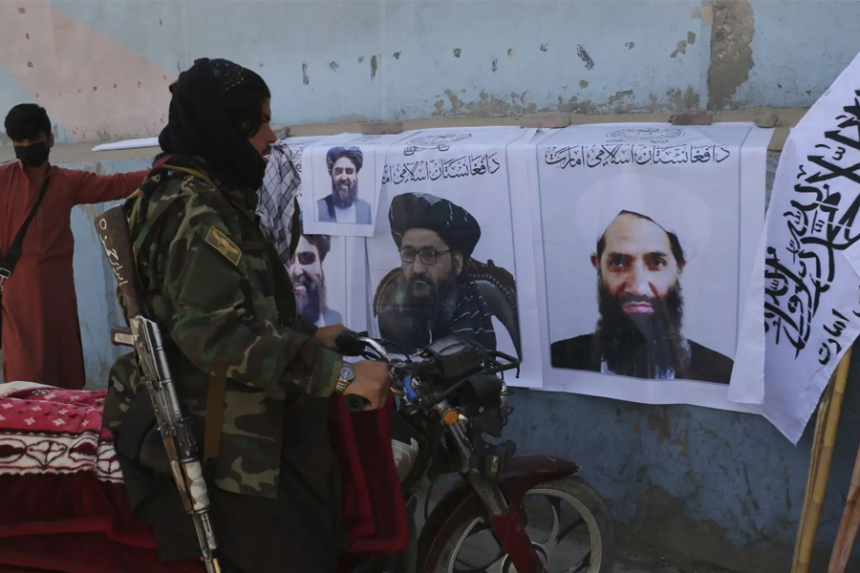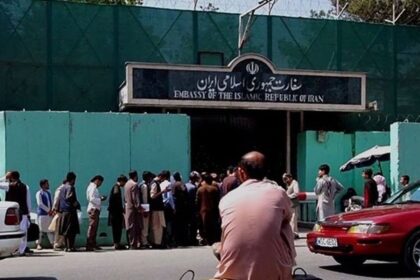RASC News Agency: As reports of internal discord continue to surface, sources have confirmed that Taliban Supreme Leader Haibatullah Akhundzada recently convened a high-level meeting with provincial officials in Paktia. During the gathering, Akhundzada issued strict orders demanding unconditional obedience from local authorities and reinforced the central leadership’s directives. According to Zabihullah Mujahid, the Taliban’s chief spokesperson, the meeting held earlier this week was attended by Muhrullah Hamad, the Taliban-appointed governor of Paktia, the provincial chief of police, the head of the local intelligence directorate, the head of the Ulema Council, and other regional officials. Mujahid stated that Akhundzada emphasized the enforcement of the “Promotion of Virtue and Prevention of Vice” law, a core element of the Taliban’s theocratic governance model.
The visit comes amid growing fractures within the Taliban’s power structure, particularly between Akhundzada and Interior Minister Sirajuddin Haqqani, leader of the Haqqani Network. Multiple well-informed sources revealed to RASC that Haqqani has recently expressed strong disapproval of the increasing concentration of power in Akhundzada’s hands and of his restrictive and exclusionary leadership style. Haqqani is said to have voiced his grievances during a recent leadership summit in Kandahar, opposing the narrowing of his authority within the Ministry of Interior. In a bid to de-escalate the tensions, Defense Minister Mullah Yaqoob and Intelligence Chief Abdul Haq Wasiq reportedly facilitated a direct meeting between Haqqani and Akhundzada. According to sources, Haqqani warned that unless the status quo changes, several key Taliban figures may withdraw from the existing leadership framework.
The choice of Paktia as the venue for Akhundzada’s assertive visit is particularly noteworthy. Not only is the province Sirajuddin Haqqani’s birthplace, but it is also a long-standing bastion of the Haqqani Network’s influence, signaling a calculated move by Akhundzada to reassert control in a region where loyalties may be divided. This unfolding power struggle underscores the deepening factional rifts between the Taliban’s Kandahar-based leadership loyal to Akhundzada and the eastern bloc, dominated by the Haqqani faction. Analysts warn that if left unresolved, these internal divisions could severely undermine the group’s cohesion, potentially sparking regional rivalries, fragmentation, or even armed confrontations.
At a time when the Taliban is already facing international condemnation for its repressive rule, this increasing internal instability threatens to further paralyze governance and jeopardize the group’s fragile grip on power across Afghanistan.






